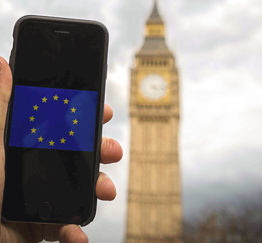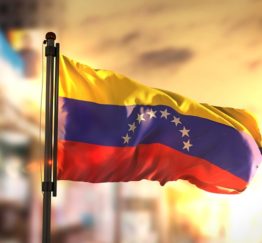The recently-released Department of Justice Guidance (DOJ) on voluntary self-disclosure for export violations serves as a reminder to organizations that fall under the jurisdiction of Office of Foreign Assets Control (OFAC) regulations that voluntary self-disclosure of an OFAC violation is still an effective way to lessen potential fines and other penalties.
More information about the recently released DOJ Guidance surrounding export violations can be found by reading New DOJ Guidance on Self-Disclosure Could Be Good News for Exporters on the Export Compliance Journal. And while the new guidance does not apply to financial institutions—rather organizations that must adhere to export control compliance regulations—financial institutions and others that have traditionally fallen under the bailiwick of OFAC still have an obligation to self-disclose to OFAC as they have in the past.
Similar to the DOJ, OFAC has guidelines for what they require as part of the self-disclosure process. Relevant factors to keep in mind at the time of disclosure are as follows:
- Past cooperation with OFAC and adherence to OFAC regulations is significant
- Disclosures should be made prior to the government’s discovery of a violation
- Supporting documentation must accompany the disclosure, and should be in the form of detailed letter, along with any supporting documentation
In addition to outlining the above factors, OFAC has made every effort to combat threats to national security by making voluntary self-disclosure as enticing as possible through a clause included in subpart B of part V of the their Economic Sanctions Enforcement Guidelines, whereby “an apparent violation involving a voluntary self-disclosure will result in a base penalty amount at least 50 percent less than the base penalty amount in similar cases that do not involve a voluntary self-disclosure.” That’s even before other mitigating factors are taken into consideration.
Voluntary self-disclosure by the numbers
Take the 2016 case of a medical technology company that was found in breach of the Iranian Transactions and Sanctions Regulations. Initially fined the statutory civic penalty maximum of $1,129,912, due to voluntarily self-disclosing, coupled with several other qualifying circumstances—cooperation with OFAC’s investigation, for example—their fine was ultimately lessened to $107,691. And in another example from 2016, a well-known oil company was found to have violated the Cuban Assets Control Regulations and were initially fined $1,235,000. As in the case above, voluntary self-disclosure and the various actions taken by the company subsequent to the breach thereof, the fine was eventually lowered to $304,706.
Carefully consider all your options
Responsible businesses are likely to have a financial compliance program, a well-trained staff already in place, and procedures in place for what to do in the event a violation has occurred. And while the decision to voluntarily self-disclose is one that any organization must carefully take into consideration, history has shown that the U.S. Department of the Treasury does seem to be open to playing nice with organizations who decide to take proactive and preemptive measures.





